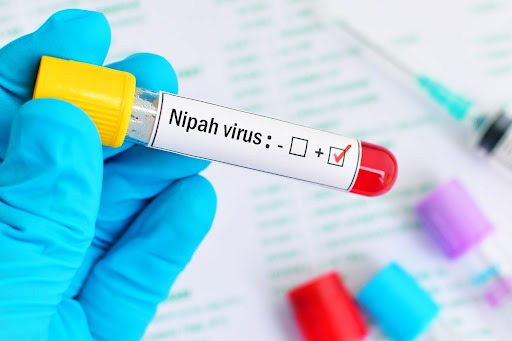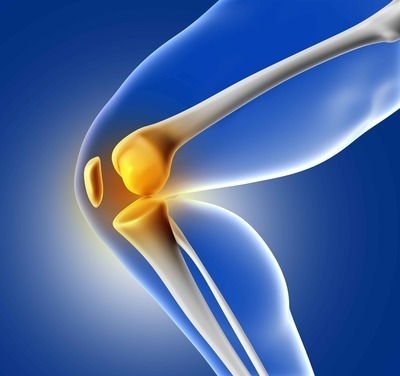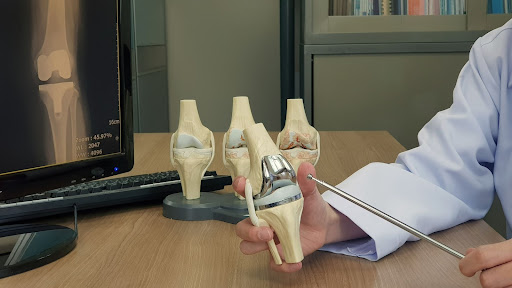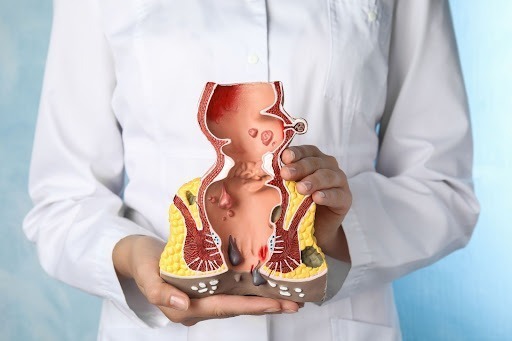Health
Decoding Nipah Virus: Diagnosis &Treatment Strategies

by admin
26th September 2023
5 minutes read
Introduction
Nipah virus (NiV) is a zoonotic virus, meaning it can be transmitted from animals to humans. Nipah virus is a member of the Paramyxoviridae family and belongs to the Henipavirus genus, which also includes the closely related Hendra virus. Bats, especially certain species of fruit bats, are natural reservoirs for the virus.
How Does Nipah Virus Spread?
Nipah virus primarily spreads through contact with infected animals and, in some cases, from person to person
- Nipah virus can be transmitted to humans through direct contact with infected animals, particularly bats, or their bodily fluids (e.g., saliva, urine, feces).
- The virus can spread through contaminated food and beverages. Fruits, fruit juices, or date palm sap can become contaminated with the virus if they come into contact with bat excretions or saliva.
- Infected pigs can act as intermediate hosts when consumed by humans. It can also occur due to contact with their secretions of body fluids.
- The virus may spread from person to person through respiratory secretions (e.g., coughing or sneezing), direct contact with an infected individual’s bodily fluids, or contact with contaminated surfaces or objects.
- While less common, there have been reports of Nipah virus transmission through other means, such as contact with contaminated medical equipment or surfaces in healthcare settings.
How is Nipah Virus Diagnosed?
Diagnosing Nipah virus infection involves a combination of clinical evaluation, laboratory tests, and epidemiological investigation. Here’s an overview of the diagnosis process for Nipah virus:
Clinical Evaluation:
- Healthcare professionals initially assess the patient’s clinical symptoms, including fever, headache, respiratory distress, and neurological symptoms.
- The patient’s medical history, including potential exposure to Nipah virus, is taken into account.
Laboratory Tests:
- Polymerase Chain Reaction (PCR): This molecular test detects the genetic material (RNA) of the Nipah virus in blood, saliva, cerebrospinal fluid, or other body fluids. PCR is one of the primary diagnostic tests for Nipah virus.
- Serology: Blood tests can detect antibodies against Nipah virus, indicating a past or current infection. However, serological tests may take time to develop detectable antibodies.
- Virus Isolation: In some cases, the virus can be isolated from patient samples in a specialized laboratory. Virus isolation confirms the presence of the live virus.
Epidemiological Investigation:
- Healthcare and public health authorities investigate the patient’s history of exposure to potential sources of Nipah virus, such as contact with infected animals or individuals.
- This investigation helps identify potential sources of infection and assess the risk of further transmission.
Imaging:
- Imaging test such as CT scans or MRI scans, may be used to assess neurological symptoms and complications associated with Nipah virus infection.
It’s important to conduct these tests and investigations in biosafety level 4 (BSL-4) laboratories or other high-containment facilities due to the dangerous nature of the virus. An early and accurate diagnosis of Nipah virus is crucial for prompt isolation of cases and implementation of public health measures during outbreaks.
Treatment for Nipah Virus
Treatment for Nipah virus is primarily supportive, focusing on relieving symptoms and providing medical care to manage complications. Here are some key aspects of the treatment for Nipah virus.
Patients with Nipah virus infection receive supportive care to manage their symptoms. This may include:
- Hydration: Intravenous fluids are administered to maintain hydration and electrolyte balance.
- Fever and Pain Management: Medications such as acetaminophen may be used to reduce fever and alleviate pain.
- Respiratory Support: In severe cases with respiratory distress, mechanical ventilation may be necessary.
- Antibiotics: Antibiotics may be prescribed if secondary bacterial infections are suspected. Nipah virus infection can weaken the immune system, making patients more susceptible to bacterial infections.
- Isolation: Infected individuals are typically isolated in healthcare facilities to prevent the spread of the virus to others. Healthcare workers caring for Nipah virus patients use appropriate infection control measures, including wearing personal protective equipment (PPE).
It’s essential to note that early medical attention is crucial for those suspected of Nipah virus infection, particularly in severe cases.
Conclusion
In conclusion, effective management of Nipah virus is a complex and multi-faceted endeavor. Nipah virus is a highly infectious and often fatal zoonotic disease, with no specific antiviral treatment available. Ongoing research into vaccines, treatments, and diagnostics for Nipah virus is critical. Advances in medical science may provide more effective options in the future. Currently, prevention remains the cornerstone of Nipah management. This includes avoiding contact with infected animals, practicing good hygiene, and implementing strict infection control measures in healthcare settings.
FAQs
1. How can I prevent Nipah virus infection?
To prevent Nipah virus infection, it’s essential to:
- Avoid contact with bats and sick or dead animals.
- Practice good hand hygiene by washing your hands regularly with soap and water.
- Avoid consuming fruits, fruit juices, or date palm sap that may have been contaminated by bats.
- Implement infection control measures in healthcare settings.
2. Are there any specific precautions for healthcare workers?
Yes, healthcare workers should use appropriate personal protective equipment (PPE) when caring for Nipah virus patients. Isolation and infection control measures are crucial to prevent healthcare-associated transmission.
\
3. Can I get infected through casual contact with an infected person?
While casual contact is less likely to transmit Nipah virus, close and prolonged contact with an infected person can lead to transmission. It’s important to follow infection control guidelines when caring for someone with Nipah virus.
4. Is there a vaccine for Nipah virus?
There is no licensed vaccine for Nipah virus available for widespread use. However, research into vaccines and treatments for Nipah virus is ongoing.
5. Are there any travel precautions for regions with Nipah outbreaks?
Travelers to regions with a history of Nipah outbreaks should avoid exposure to potentially infected animals and follow local health guidelines. Stay informed about any travel advisories issued by health authorities.
6. What should I do if I suspect Nipah virus infection?
Seek immediate medical attention if you suspect Nipah virus infection, especially if you have symptoms like fever, headache, and respiratory distress. Early diagnosis and isolation are crucial in managing the condition effectively.
CATEGORIES
- ACL Reconstruction
- Anal Fissures
- Anal Fistula
- Appendicitis
- ASK A DOCTOR
- Benign Prostatic Hyperplasia
- Breast Lump Excision
- Cataract
- Circumcision
- Conditions & Diseases
- Cosmetology
- Covid-19
- Cure
- Endocrinology
- ENGLISH VIDEOS
- Eye Care
- Gallstones
- General Surgeries
- Government Schemes
- Gynaecology
- Gynecomastia
- Health
- Health Insurance
- Hernia
- Hindi
- Hip Arthoscopy
- Hip Replacement
- Hip Replacement Surgery
- Hydrocele
- Kannada
- Kidney Stones
- Knee Arthroscopic
- Laparoscopic
- LASER
- Latest Treatments
- Lifestyle
- Liposuction
- Medfin Stories
- Medicine
- Nephrology
- Ophthalmology
- Orthopaedic
- Paraphimosis
- Patient Testimonials
- PCL Reconstruction
- Phimosis
- Piles (Hemorrhoids)
- Pilonidal Sinus
- Proctology
- Prostate Artery Embolization
- Rhinoplasty
- Second Opinion
- Total Knee Replacement
- Urology
- Uterine Artery Embolization
- Uterine Fibroids
- Varicocele
- Varicose Veins
- Vascular
- VIDEOS







